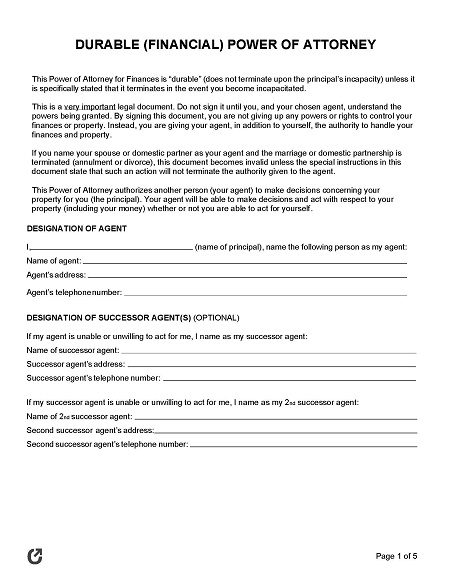

Power of attorney forms grant legal authority to a chosen individual, known as an agent, enabling them to make crucial decisions on behalf of another person. Often utilized when someone becomes incapacitated, these documents cover various areas, including financial, medical, and legal matters.
An agent’s authority continues with a durable power of attorney even if the principal becomes mentally incapacitated. Conversely, a springing power of attorney activates only upon the principal’s incapacity, as determined by a physician. The principal must select a trustworthy, responsible agent to protect their interests. Consulting with an experienced attorney ensures proper understanding and execution of the power of attorney form, providing peace of mind for all involved parties.
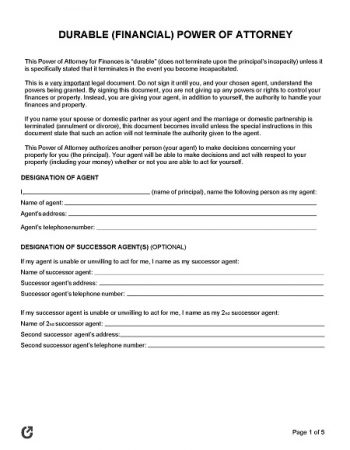
Durable
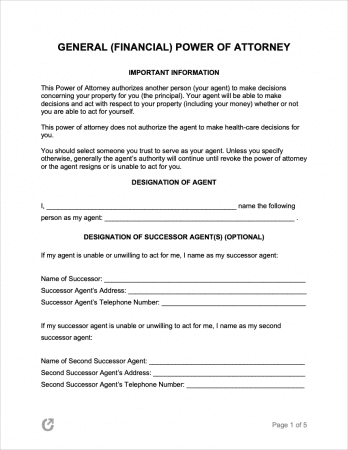
General (Financial)
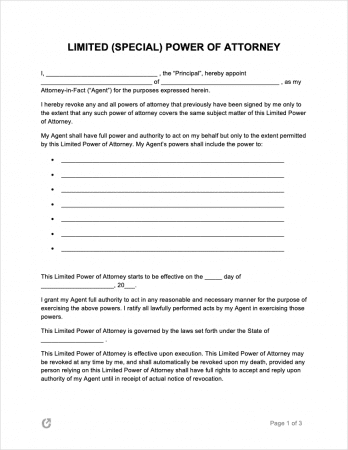
Limited
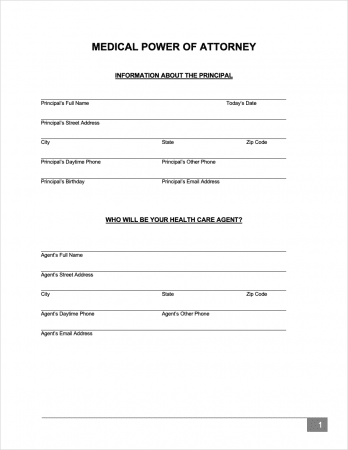
Medical
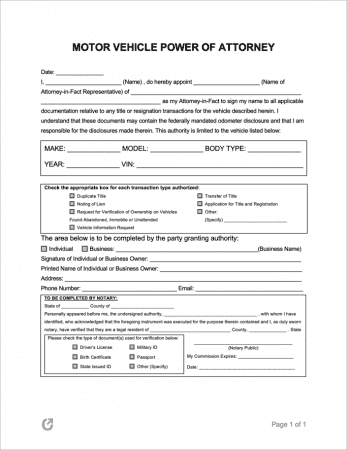
Motor Vehicle
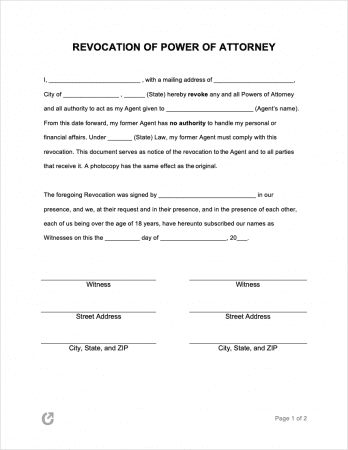
Revocation
A power of attorney allows individuals to select a reliable person to make decisions on their behalf if they become incapacitated. This trusted person can manage various matters, such as financial, medical, and legal affairs. The agent’s scope of authority depends on the type of power of attorney chosen and the specific terms outlined in the document.
Limited power of attorney forms give the agent authority to complete particular tasks. In contrast, general power of attorney forms provide broader decision-making power. Reviewing these documents periodically and updating them as needed to ensure they accurately reflect current wishes is crucial. Working with a knowledgeable attorney can help ensure the proper drafting and execution of a power of attorney form, safeguarding the principal’s best interests.
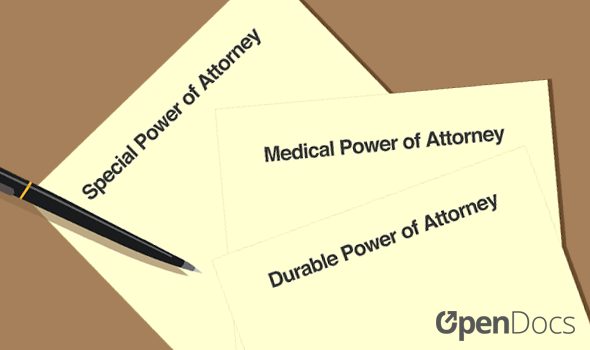
Power of attorney forms come in various options to suit specific needs.
A common choice is the durable power of attorney , which ensures an agent’s authority remains in effect if the principal becomes incapacitated.
For a non-durable option, the general power of attorney is the best choice as it grants decision-making power but expires upon incapacitation.
A medical power of attorney designates someone to make day-to-day medical decisions, treatment plans, or hospice-related choices.
For limited tasks and termination of the agreement upon task completion, a special (limited) power of attorney proves most practical.
Principals should use careful consideration and consult a legal professional to choose the appropriate power of attorney form.

Selecting an agent for power of attorney forms requires care and diligence, as this person will make crucial decisions that impact the principal’s health or finances. When evaluating potential agents, the principal should consider the following characteristics:
Considering these factors can help safeguard the principal’s well-being and provide peace of mind for all parties involved.

To download a power of attorney form, choose the state and desired form type from the available options, then pick the preferred format. Complete the form online or print it to complete the required fields by hand.

In some states, one or two witnesses must observe a power of attorney form signing. Witnesses must be at least eighteen (18) years old and mentally competent. Some states also mandate notarization by an authorized entity, which can help ensure the document’s validity later.

With witnesses and a notary (if applicable) present, the principal and agent sign the form in designated fields. The power of attorney takes effect upon recording all signatures unless it’s a springing document with a later effective date.

Safely store the signed document in an accessible location, such as a safe or security deposit box, to ensure its protection and availability when needed.
A power of attorney grants an agent representative authority over various aspects of a principal’s life, enabling trusted individuals to resolve situations that would otherwise require their presence. Some cases where they would appoint an agent include:
With a medical power of attorney, the agent may have the ability to:
Appointing an agent to make decisions on an individual’s behalf can prove beneficial in various situations, such as the examples below.
A principal deemed mentally competent can revoke a power of attorney by completing a revocation of power of attorney. The appointed agent must comply with the cancellation, regardless of the principal’s reason for issuing it. Notifying all relevant parties of the revocation is essential to avoid any confusion or legal complications.